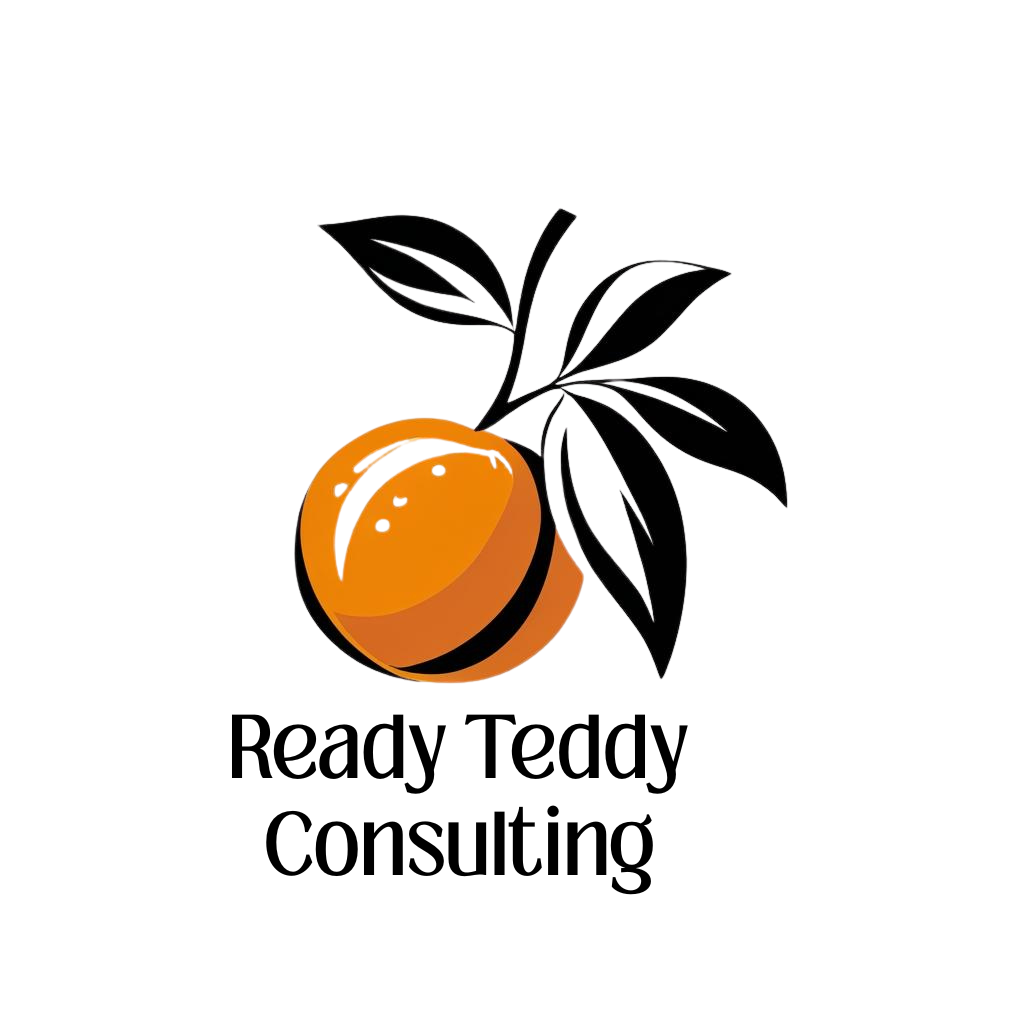Do you think HR is the enemy?
When I meet new people and mention I’m in HR, it’s not uncommon to see the slight eye squint or a comedic eye roll. I’m often then presented with assumptions of what I do; conjuring visions of authoritative firing and apostle like rule following. I politely joke back that we’re not that bad and our reputation is ill fit.
Your company’s HR department is not your enemy. Neither were they designed to be your best friend or welcoming committee to the organization. HR operates much like every other department; they have budgets, assigned workloads, and people issues like everyone else. They struggle with organization change and incur layoffs much like the rest of the company.
What HR does at your company can vary greatly based on your industry, the size of the business, what it does and where it’s located. Some organizations can support large departments with specialized teams, while others run lean, with just a handful of people wearing multiple hats and doing different things. Many companies have moved away from the traditional “HR” title altogether, rebranding to People & Culture or People Operations.
The sentiment remains the same, though: HR is here to mitigate risk for the company, act as a control function, ensure compliance and safety, and advise leadership on all sorts of workforce matters. Companies with strong and capable HR departments are often those where leadership places real value on HR as a strategic function, not just an administrative one.
Still, employees’ own individual experiences with HR can vary and the most common interactions had with the department are about specific personal situations or when something goes awry. These limited engagements hard code for many employers the role of HR as an enforcer rather than a source of support, engagement and guidance for their careers with the company.
For example, a friend of mine lost his mother unexpectedly. When he notified his HR department of this, he was informed he didn’t qualify for bereavement leave because he hadn’t been with the company long enough. He took unpaid time off — an outcome that felt more procedural than compassionate and left a negative impression of the entire department. Situations like this fuel the perception that HR is less about people and more about policy.
So what can HR professionals do about this? For one, we need to ensure we are rooted in reality when engaging with our colleagues. Policies exist as a framework but it’s not a rule of law. Applying a healthy dose of rational thought when engaging on policy discussions to ensure the extraordinary situations are taken into account as exceptions.
As HR leaders and HR managers, we need to consider whether there are alternate ways in which we can engage with our colleagues and organization. And I don’t mean a pizza party! I mean tangible ways where colleagues can see the value that we bring. You may consider something like a regular promotion clinic - open to all employees that lay out important considerations and guidelines around the company’s promotion cycles - that could provide guidance and support to colleagues in a novel way.
Business leaders and employees also have a role to play here. By moving towards employee self-service, searching company collateral like handbooks and other policy documents, we rely less on HR for the administrative and utilize them for more complex issues. Business leaders should speak to their own HR heads to see where they can implement more interactive and value add engagement between HR and their own teams.
Are you looking for more information on how to implement this with your business? Contact Ready Teddy Consulting for more support.
